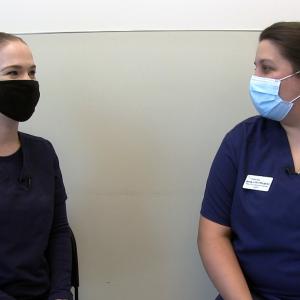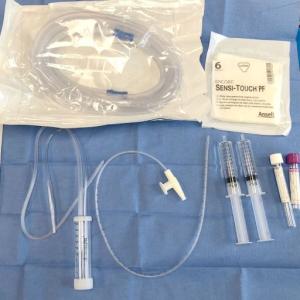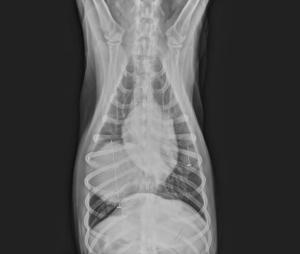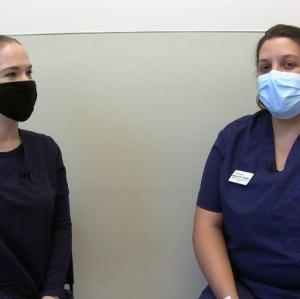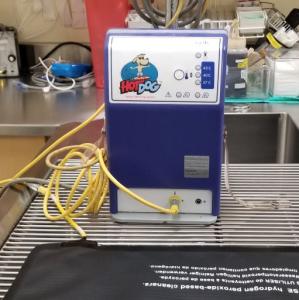Find Your Training Content
Search, filter and sort the hundreds of videos, lectures and articles so you can find exactly what you’re looking for.
Hemostasis: A Review of Inherited Bleeding Disorders in Dogs
When a canine patient presents for bleeding, the cause isn’t always obvious. In this lecture presented by DoveLewis Internist Barbara Davis, DVM, DACVIM, we will review hemostasis and common inherited bleeding disorders in dogs. We will focus on a…
When Clients Go Too Far: Utilizing Client Grievance Forms
When working with a client that has concerns or complaints, documentation is more important than ever. Learn from Client Relations Specialist Rena Alexander about how DoveLewis implemented a client grievance form for these situations.
You have been assigned this activity.


